 Backend Development
Backend Development PHP Tutorial
PHP Tutorial What is the difference in learning curve between Laravel and CodeIgniter?
What is the difference in learning curve between Laravel and CodeIgniter?For beginners, Laravel is more suitable for its easy-to-use syntax and comprehensive functionality, but has a steep learning curve; CodeIgniter is known for its lightweight and modularity, but has limited built-in functionality and less community support.

Laravel and CodeIgniter Learning Curve: In-depth Analysis
For beginners, Laravel and CodeIgniter are two popular PHP framework. While they are both powerful tools, they have significant differences in learning curves.
Laravel
Laravel is known for its elegant syntax and comprehensive functionality. It follows the Model-View-Controller (MVC) architecture and provides a useful set of development tools.
-
Pros:
- Easy-to-learn Laravel Artisan CLI tool
- Rich documentation and community support
- Built-in features for testing, caching and queuing
-
Disadvantages:
- Larger files Size and higher resource consumption
- Steep learning curve, especially for beginners
- May be difficult to debug due to its complex nature
Practical case:
Create a basic CRUD application that uses Laravel to create and read data.
// routes/web.php
Route::resource('posts', 'PostController');
// app/Http/Controllers/PostController.php
class PostController extends Controller
{
public function index()
{
$posts = Post::all();
return view('posts.index', compact('posts'));
}
// 其他方法...
}
// resources/views/posts/index.blade.php
@foreach ($posts as $post)
<h1 id="post-title">{{ $post->title }}</h1>
<p>{{ $post->body }}</p>
@endforeachCodeIgniter
CodeIgniter is known for its lightweight and fast performance. It adopts a modular architecture that allows developers to customize the framework according to their needs.
-
Advantages:
- Smaller file size and less resource consumption
- Flexible and scalable Module system
- Simple syntax and clear documentation
-
Disadvantages:
- Limited Built-in functionality, may require third-party libraries
- Less active community support
- For building complex applications, scalability may be an issue
Practical case:
Use CodeIgniter to create a basic blog system.
// application/config/routes.php
$route['posts'] = 'Posts';
// application/controllers/Posts.php
class Posts extends CI_Controller
{
public function index()
{
$this->load->model('post_model');
$posts = $this->post_model->get_all();
$this->load->view('posts/index', ['posts' => $posts]);
}
// 其他方法...
}
// application/models/post_model.php
class Post_model extends CI_Model
{
public function get_all()
{
$this->db->select('*');
$this->db->from('posts');
return $this->db->get()->result();
}
}
// application/views/posts/index.php
<?php foreach ($posts as $post): ?>
<h1><?php echo $post['title']; ?></h1>
<p><?php echo $post['body']; ?></p>
<?php endforeach; ?>Conclusion:
Laravel and CodeIgniter are both great frameworks for different needs. For beginners, Laravel's intuitive syntax and rich functionality can be an advantage. However, its higher overhead and steep learning curve can be prohibitive. CodeIgniter, on the other hand, is known for its lightweight and modularity, but its limited built-in features and less community support can make it difficult to build complex applications. The final choice depends on the size, complexity and your skill level of your particular project.
The above is the detailed content of What is the difference in learning curve between Laravel and CodeIgniter?. For more information, please follow other related articles on the PHP Chinese website!
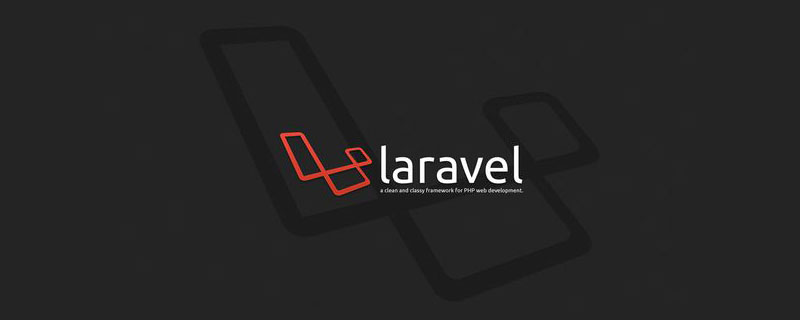 laravel单点登录方法详解Jun 15, 2022 am 11:45 AM
laravel单点登录方法详解Jun 15, 2022 am 11:45 AM本篇文章给大家带来了关于laravel的相关知识,其中主要介绍了关于单点登录的相关问题,单点登录是指在多个应用系统中,用户只需要登录一次就可以访问所有相互信任的应用系统,下面一起来看一下,希望对大家有帮助。
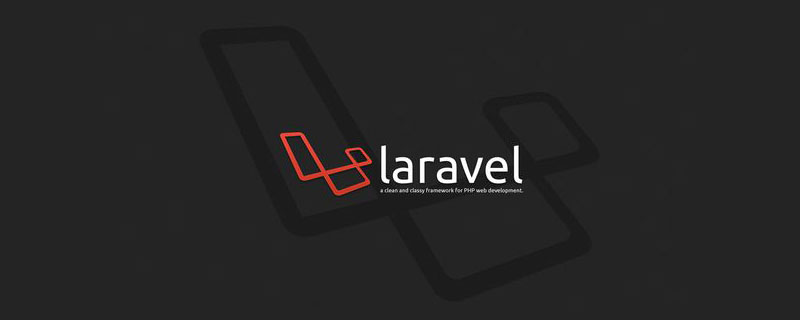 一起来聊聊Laravel的生命周期Apr 25, 2022 pm 12:04 PM
一起来聊聊Laravel的生命周期Apr 25, 2022 pm 12:04 PM本篇文章给大家带来了关于laravel的相关知识,其中主要介绍了关于Laravel的生命周期相关问题,Laravel 的生命周期从public\index.php开始,从public\index.php结束,希望对大家有帮助。
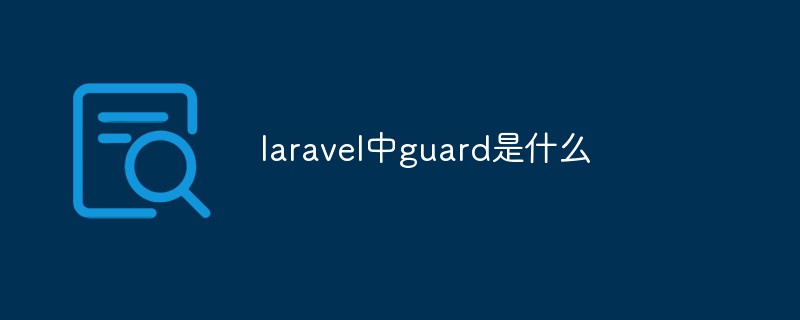 laravel中guard是什么Jun 02, 2022 pm 05:54 PM
laravel中guard是什么Jun 02, 2022 pm 05:54 PM在laravel中,guard是一个用于用户认证的插件;guard的作用就是处理认证判断每一个请求,从数据库中读取数据和用户输入的对比,调用是否登录过或者允许通过的,并且Guard能非常灵活的构建一套自己的认证体系。
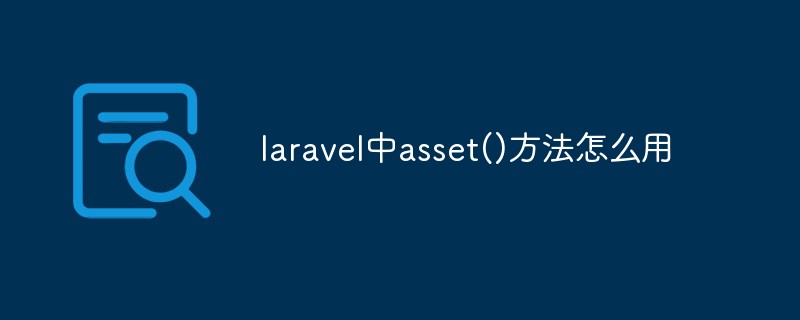 laravel中asset()方法怎么用Jun 02, 2022 pm 04:55 PM
laravel中asset()方法怎么用Jun 02, 2022 pm 04:55 PMlaravel中asset()方法的用法:1、用于引入静态文件,语法为“src="{{asset(‘需要引入的文件路径’)}}"”;2、用于给当前请求的scheme前端资源生成一个url,语法为“$url = asset('前端资源')”。
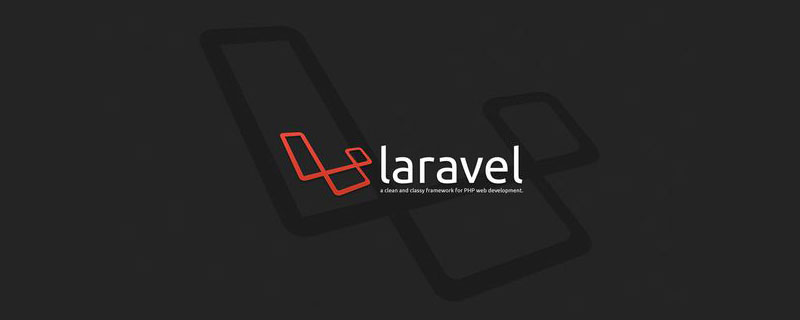 laravel中间件基础详解May 18, 2022 am 11:46 AM
laravel中间件基础详解May 18, 2022 am 11:46 AM本篇文章给大家带来了关于laravel的相关知识,其中主要介绍了关于中间件的相关问题,包括了什么是中间件、自定义中间件等等,中间件为过滤进入应用的 HTTP 请求提供了一套便利的机制,下面一起来看一下,希望对大家有帮助。
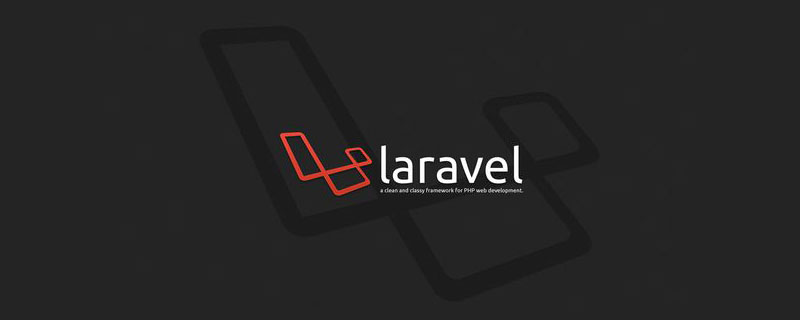 实例详解laravel使用中间件记录用户请求日志Apr 26, 2022 am 11:53 AM
实例详解laravel使用中间件记录用户请求日志Apr 26, 2022 am 11:53 AM本篇文章给大家带来了关于laravel的相关知识,其中主要介绍了关于使用中间件记录用户请求日志的相关问题,包括了创建中间件、注册中间件、记录用户访问等等内容,下面一起来看一下,希望对大家有帮助。
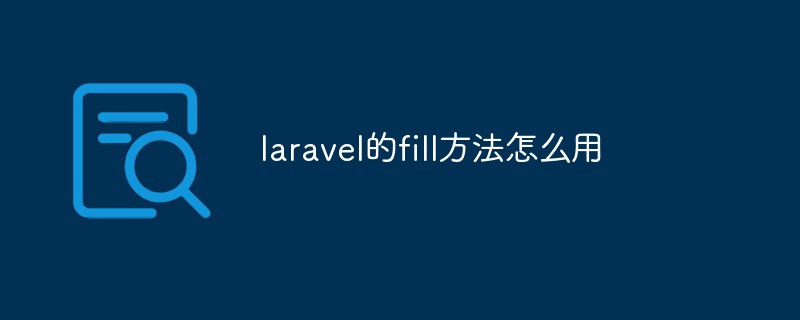 laravel的fill方法怎么用Jun 06, 2022 pm 03:33 PM
laravel的fill方法怎么用Jun 06, 2022 pm 03:33 PM在laravel中,fill方法是一个给Eloquent实例赋值属性的方法,该方法可以理解为用于过滤前端传输过来的与模型中对应的多余字段;当调用该方法时,会先去检测当前Model的状态,根据fillable数组的设置,Model会处于不同的状态。
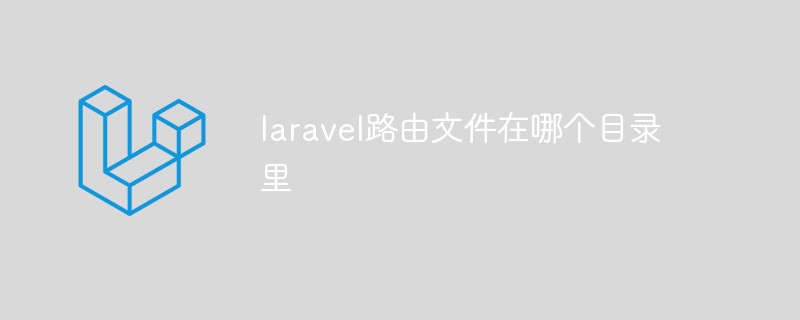 laravel路由文件在哪个目录里Apr 28, 2022 pm 01:07 PM
laravel路由文件在哪个目录里Apr 28, 2022 pm 01:07 PMlaravel路由文件在“routes”目录里。Laravel中所有的路由文件定义在routes目录下,它里面的内容会自动被框架加载;该目录下默认有四个路由文件用于给不同的入口使用:web.php、api.php、console.php等。


Hot AI Tools

Undresser.AI Undress
AI-powered app for creating realistic nude photos

AI Clothes Remover
Online AI tool for removing clothes from photos.

Undress AI Tool
Undress images for free

Clothoff.io
AI clothes remover

AI Hentai Generator
Generate AI Hentai for free.

Hot Article

Hot Tools

PhpStorm Mac version
The latest (2018.2.1) professional PHP integrated development tool

Atom editor mac version download
The most popular open source editor

ZendStudio 13.5.1 Mac
Powerful PHP integrated development environment

SAP NetWeaver Server Adapter for Eclipse
Integrate Eclipse with SAP NetWeaver application server.

EditPlus Chinese cracked version
Small size, syntax highlighting, does not support code prompt function






